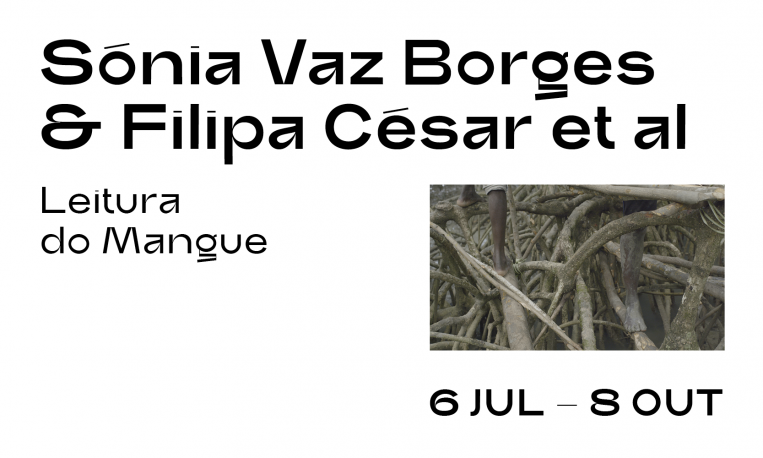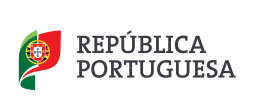Leitura do Mangue
Sónia Vaz Borges & Filipa César et al
Curated by Daniel Ribas e Nuno Crespo
Opening 06 Jul at 19:00
Until 08 Oct
EA Exhibition Hall
Free Entrance
We studied in the mud. When the water reached up to here (pointing slightly above the ankle), we stayed there until the lesson was over. Then we left and walked through the water back home. We studied and lived in the mangrove for four years (1966-1969): it was our refuge from the bombings.
— Marcelino Mutna
Recently, we traveled to Guinea-Bissau to research the conditions of students in the guerrilla schools of the mangrove.
We transformed ourselves and became, in turn, the learners.
And the first lesson was learning how to walk.
If you walk upright, placing your heels first on the ground, you immediately slip and fall into the flooded dikes of the mangrove’s rice fields.
Or you get stuck in the mangrove mud.
You must lower your body, bend your knees, press your feet vertically into the mud, and extend your arms forward in a conscious and present movement.
In the school of the mangrove, learning happens with the entire body.
Our discussion stems from an in-depth study of the militant educational system developed by the African Party for the Independence of Guinea-Bissau and Cape Verde (PAIGC) during the liberation process—the eleven years of armed struggle (1963-74) against Portuguese colonial rule—and the recurring fascination with the imagery of the tarafe, the Creole word for mangrove.
The mangrove is an aerial natural architecture, where memory still floats through the network of roots, and the breath of the tide oxygenates a knowledge of resistance, in a condition of resistance through knowledge.
Here, we enter an intertwined imaginary space of various converging dimensions: the epistemology of the rhizome, concepts of militant and political education, the teachings of the Malafo community inhabitants, nomadic archives, and agronomic/botanical notions of mangrove engineering.
Leitura do Mangue is a map of conversations and a cinematic journey resulting from a collective effort to discuss the nature of the rhizome and its resilience.
The school of the mangrove is not a metaphor for a theory of resistance, but a material organism for the sharing and production of knowledge—one that evolved from an anti-colonial struggle and took the mangrove ecosystem as a permanent site of its fight: connecting roots / disconnecting roots, learning / unlearning.
A militant agro-poetic condition that becomes latent.






